One of the most memorable scenes in part one of the three-part, eight-hour Beatles docuseries Get Back, is the creation of the “Golden Slumbers” medley that closes out the Abbey Road album. The song famously ends with the line, “And in the end, the love you take is equal to the love you make.”
That line is a very apt metaphor for director Peter Jackson’s epic Get Back series. Though not intended to be a choose-your-own-ending series, the reality is the viewing of the series is absolutely swayed by the Beatles ideas you had going in.
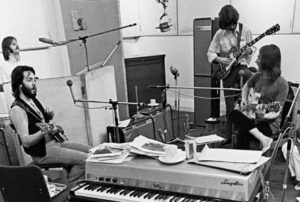
For instance, for me, who was always a John Lennon fan first and considers “Golden Slumbers” one of the greatest songs of all time, watching Lennon and the creation of the song are among the most riveting moments of the series.
It’s hard not to have preconceived notions about the Beatles, who are, in addition to being the most influential band of all time, the most scrutinized music group ever. The reality is that pretty much everyone over the age of 12 has their own ideas of the Beatles — their favorite Beatle, their favorite Beatles songs and albums, their own beliefs on what led to the demise of the Beatles.
Will Get Back change any of those? Maybe people’s beliefs on the demise of the group, but likely no on their favorite Beatle and favorite music. And with regards to the breakup at the beginning of episode two, after George Harrison has walked out, McCartney is seen talking about the much maligned Yoko Ono. He declares her, “Alright,” and says of Ono and Lennon, “They just want to be together.”
So, no, as much as people want to believe otherwise, Ono didn’t actually break up the Beatles. If anything it was fame, more than anything else. It’s fascinating to watch the prologue and see the footage of the four lads from Liverpool happy and go lucky in the early days before the pressure set in of becoming the biggest band in the world. One example of that pressure is highlighted in the prologue, with the infamous controversy surrounding Lennon’s misconstrued comment about the Beatles being bigger than Jesus.
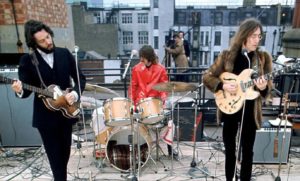 We do see that early unfettered joy in the tumult of the studio rehearsal time, as they try and write and prepare a new album for their first live performance in three years. (There is, of course, a lack of suspense as to whether it will happen, because we all know the rooftop concert happened.) The juxtaposition of them playing Chuck Berry’s “Rock and Roll Music” in the studio and as the opening number of their 1966 tour is beautiful, joyous and magical.
We do see that early unfettered joy in the tumult of the studio rehearsal time, as they try and write and prepare a new album for their first live performance in three years. (There is, of course, a lack of suspense as to whether it will happen, because we all know the rooftop concert happened.) The juxtaposition of them playing Chuck Berry’s “Rock and Roll Music” in the studio and as the opening number of their 1966 tour is beautiful, joyous and magical.
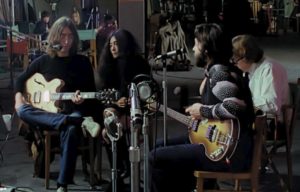
Indeed, that is where Get Back is at its best: humanizing some of the most mythical people in the history of music. Whatever we think we know of John, Paul, George and Ringo, the footage of John and Yoko dancing in the studio, of Paul playing with future adopted daughter Heather Eastman, of Heather singing with John, of the four guys smiling as they rip through Carl Perkins’ “Blue Suede Shoes” and “Shake, Rattle and Roll” is sublime.
Yes, Get Back is way too damn long for most people, probably even for people who were there. But as a historical document, it is riveting. To see footage of legendary producer George Martin, to watch the writing of “Let It Be,” “Don’t Bring Me Down,” and “The Long and Winding Road,” to see them jamming with “fifth Beatle” Billy Preston, is just fun, regardless of your level of music geekdom (which, admittedly for me, is off the charts).
To me, as well, who has interviewed so many bands in the middle of turmoil — Aerosmith, Van Halen, Jane’s Addiction, Guns ‘N’ Roses — it’s hard to not watch this through my own experiences. And what I see is four guys who loved each other struggling with fame and growing in different directions as their lives outside of music take them in new ways.
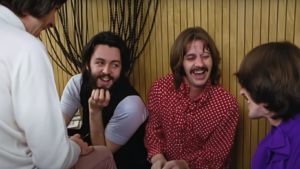
So what Get Back shows me is there were no villains in the Beatles breakup. This was just life. And because of an unspeakable tragedy, we never got to see how it would have ended up.
By far, to me, the most bittersweet line in the movie is when Lennon and McCartney are talking about the problems with Harrison, and McCartney says, “And probably when we’re all very old we’ll agree with each other and we’ll all sing together.”
Watching this, as much as we might have believed that was never possible, it’s pretty clear that four guys who loved and respected each other might well have grown old and sung together again.


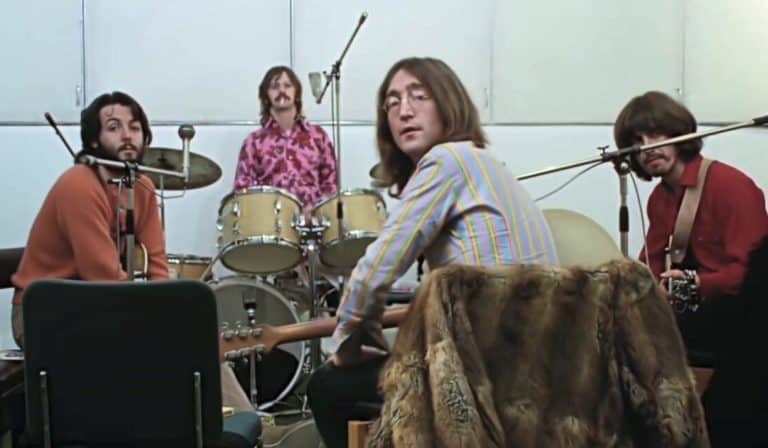
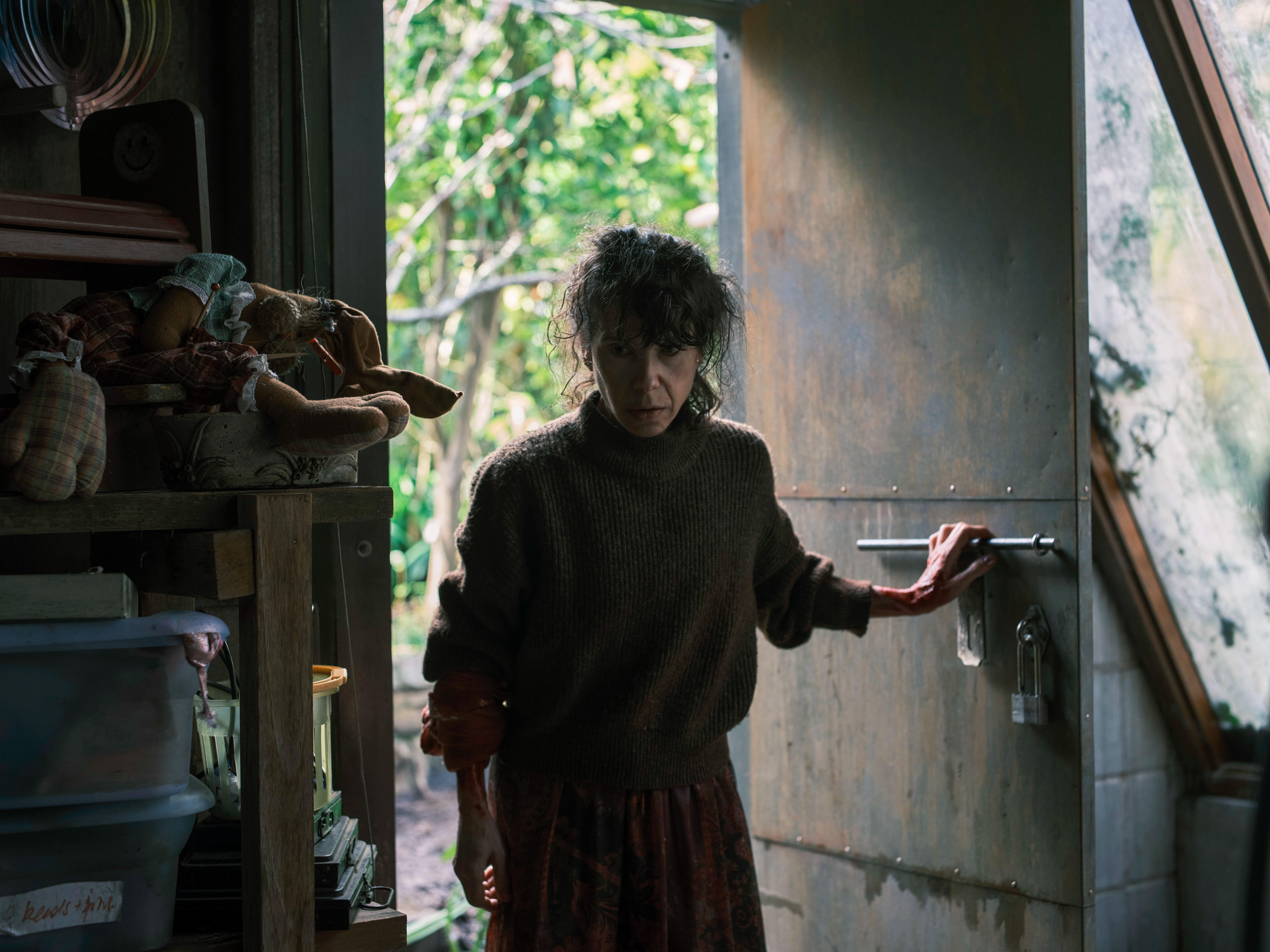
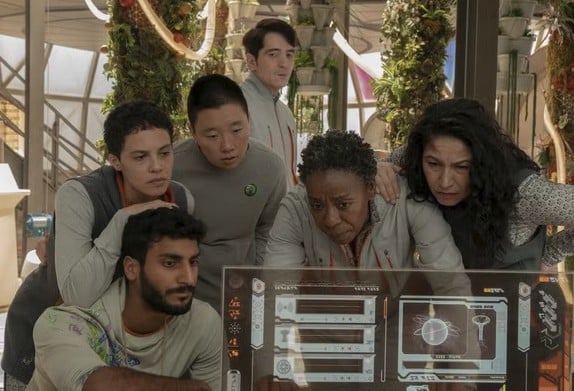
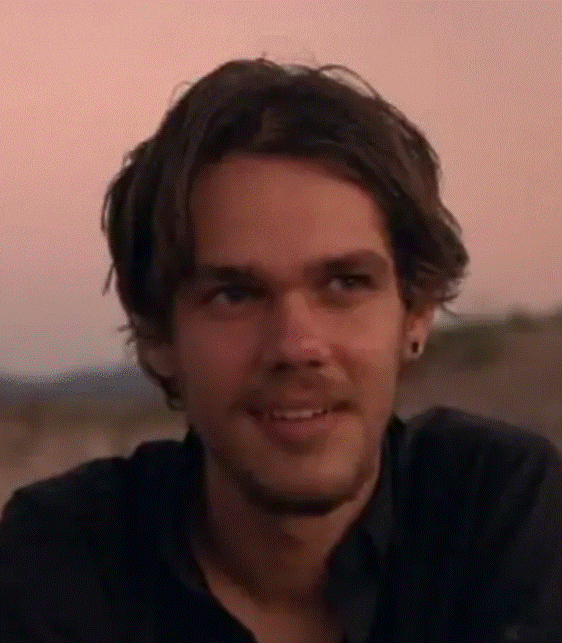
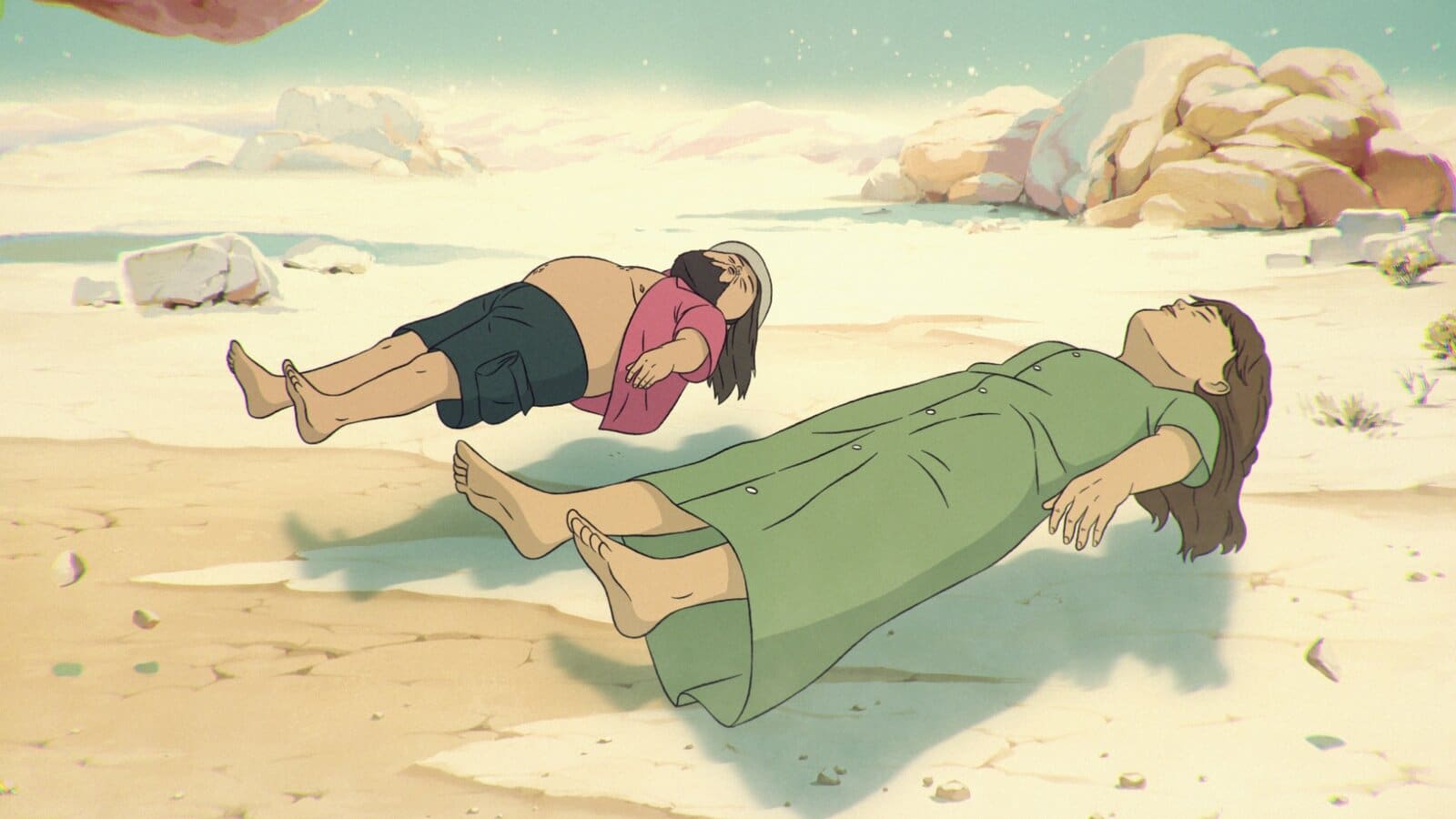


Start a watercooler conversation: